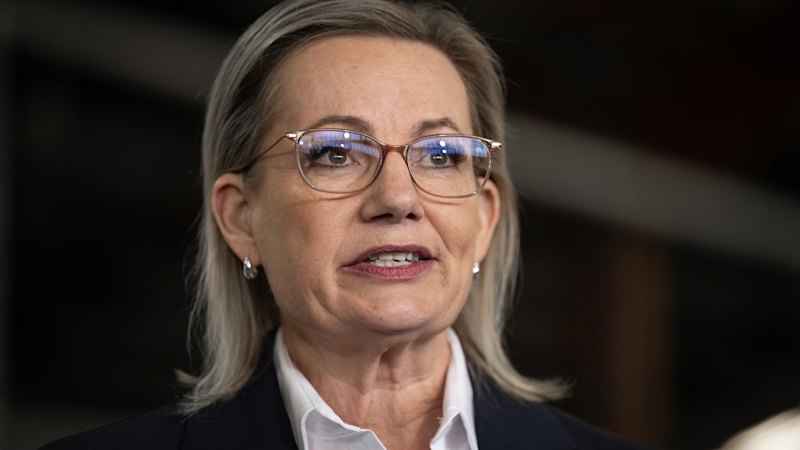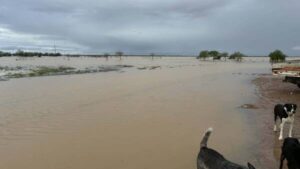
UPDATE: Opposition Leader Sussan Ley has declared that new coal-fired power plants are “highly unlikely” to be economically viable, following the Coalition’s newly released energy policy on November 18. This announcement comes as big miners, farmers, and business groups urgently call for a deal on a long-stalled overhaul of Australia’s environmental laws that is critical to housing and energy projects.
In a dramatic shift, Ley acknowledged that the current economic landscape makes investment in coal power plants unrealistic. The Coalition’s policy supports a mix of energy sources, including gas, hydro, batteries, and renewables, but with a cautious approach to underwriting. Ley’s comments signal a potential pivot in energy strategy amid rising pressures from various sectors.
Major stakeholders, including the Business Council, Minerals Council of Australia, and the Farmers Federation, have united to urge both Labor and the Coalition to resolve their differences quickly. They emphasize that the existing “green tape” is obstructing critical housing and energy projects nationwide.
“We need to accelerate the delivery of housing, energy, and critical minerals projects while also strengthening the protection of nature,” stated BCA Chief Bran Black.
Environment Minister Murray Watt has been prioritizing discussions with the Coalition to push these reforms through Parliament before the summer break. However, uncertainty remains about whether Ley will support a bill that some conservatives fear could increase renewable projects in regional areas.
During a Monday media blitz, Ley reiterated her skepticism about new coal projects, stating, “There’s nothing on the table that looks remotely like it will at this point in time.” Instead, she emphasized the need to increase gas availability in the domestic market, indicating a clear shift away from coal reliance.
Despite Ley’s stance, members of the Coalition, including Deputy Leader of the Nationals Kevin Hogan, have hinted at the possibility of underwriting new coal plants, arguing that many high-energy, low-emission plants are currently being developed globally.
As the situation unfolds, all eyes are on the upcoming parliamentary sessions, where the fate of these environmental reforms will be determined. The urgency of this issue cannot be overstated, as the implications for energy security and economic stability are profound.
Stay tuned as we provide rolling updates throughout the day on this developing story, which impacts not only Australia’s energy future but also its broader economic landscape.





